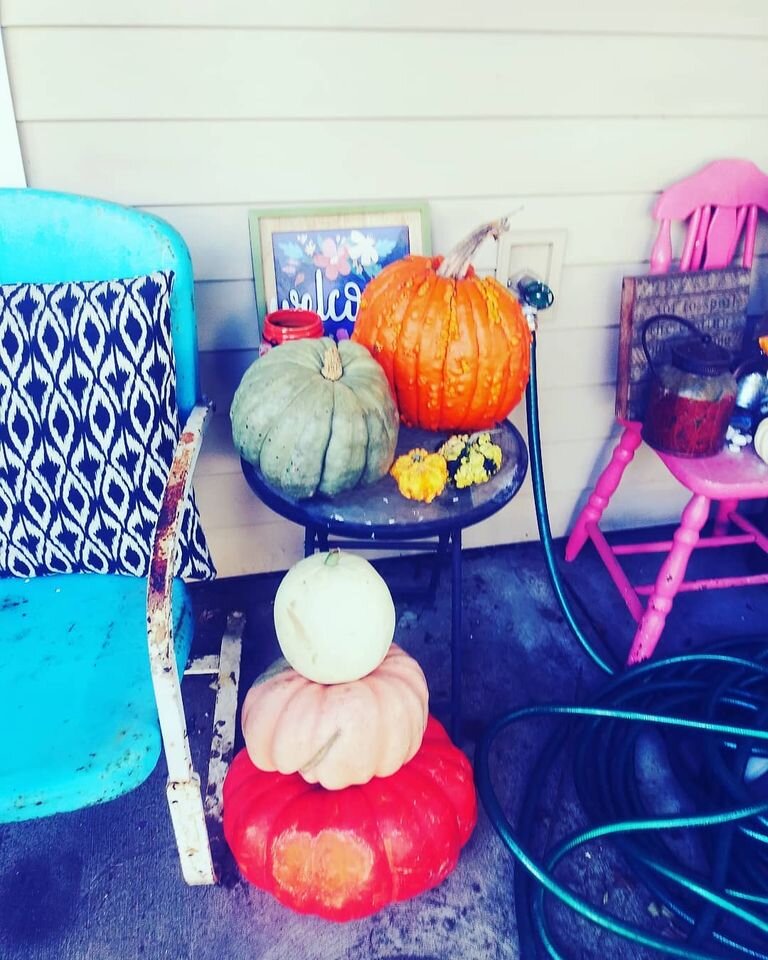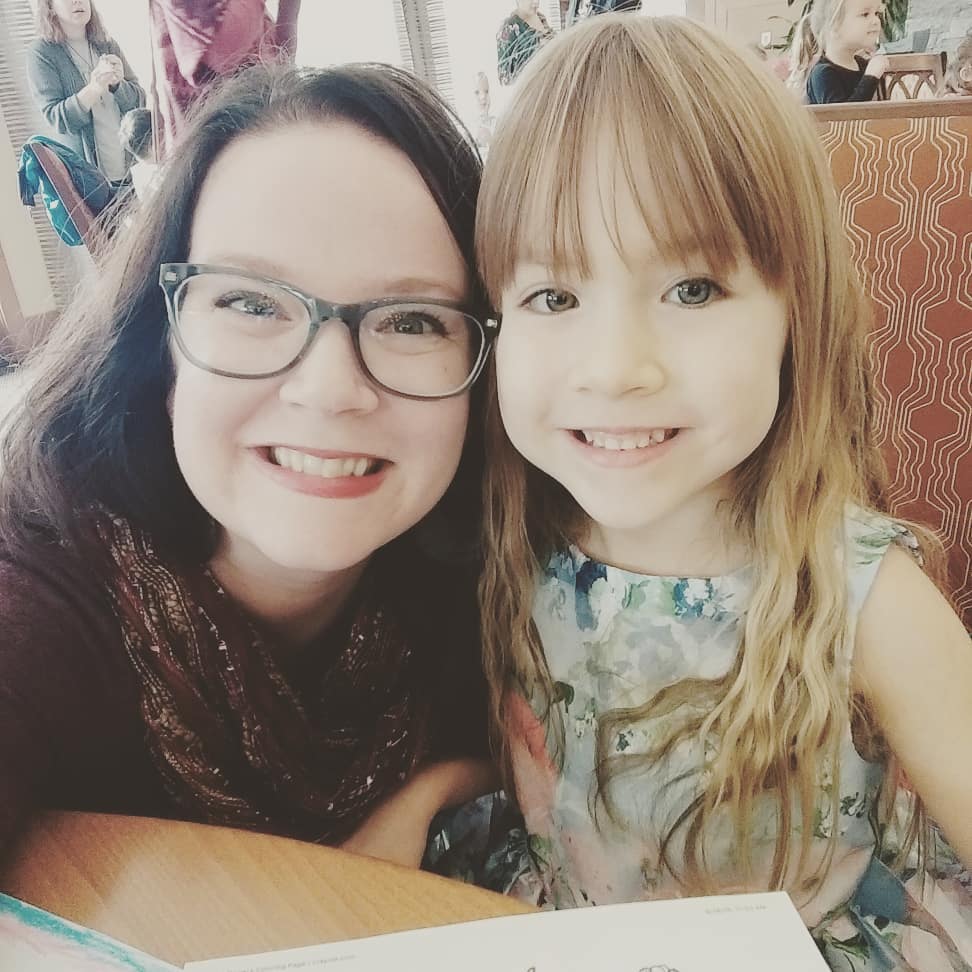I’m having a hard week. I thought the strategy of doing absolutely nothing over break would gird me for my regular life, like I could bank energy and be good to go when everything started back up this week. Turns out, sleeping as much as you want and doing whatever you want for days on end does not gear you up for 7am wake up calls and busy after school and evening activities. Crisis not averted. I’m exhausted.
On top of the transition issues, this week has brought front and center the middle school application process (magnet schools) and the school testing process for Penny to start public elementary next year as a first grader (trying to get her ducks in a row if she needs accommodations). Having both kids change schools at the same time and having them both be scary transitions for me (from private to public school with a developmental delay and elementary to middle school) is not sitting well with me this week. A million kids want to go to the school Macy and I have been dreaming about since second grade. And my local elementary school is being run by an administrator that is driving out all the good teachers, so what am I supposed to do with my amazing little one? I want them to have the best.
I don’t normally navigate life from a fear base. But these upcoming transitions for my kids is hitting me in that gut place of being out of control of something that feels like I should be in control of. Does that make sense? I’m not in control of either process. I have choices I can make for Penny (like driving her across town for school for the next 5 years, which also limits what I can do when I’m done with school) but Macy’s process is just a one in a million shot. We can’t make it happen. I can’t just pay a fee or sign her up. I can’t go in and pave the path. And she might be the perfect candidate and there just aren’t enough spots open. I’m really struggling with that reality. I feel like I know what is right for my kid and she might not get it. And I think I’m feeling shame over that, like I should be able to get it for them, especially because she totally deserves it and is a great candidate for the program.
Parenting can be painful. I don’t live out of a place of scarcity but I’m feeling pressured to right now. There really are only so many slots in this school, you know? And I can’t talk my way into a spot for my kid. They don’t even let parents come into the workshop/audition/interview process (good call on their part!) I didn’t expect to be a controlling parent. And I’m not particularly controlling of my actual human children. But I am controlling about their environment and opportunities. I think they should have everything. I also want all the other kids to have everything. Not where everything is just handed to them and they become entitled brats, but I think they should get the opportunities to grow and explore that are available.
Tim and I were talking it through and he was saying lots of kids at shitty schools go on to do great things and our kids can too no matter where they go. And he’s totally right and thank God for him. And let’s face it: I don’t really care if my kids are “successful.” I don’t give a shit about money as long as their basic needs are met. I want them to feel a sense of pride in who they are. I want them to be kind. I want them to do what they love. And I want them to have love and to be happy with themselves and others. I don’t need them to “be” anything for me to feel like “I” did something right. I just don’t want the world to crush my kids. I want that amazing flame to burn bright and for no one to have the power to quench it. That’s all. I’m scared.



